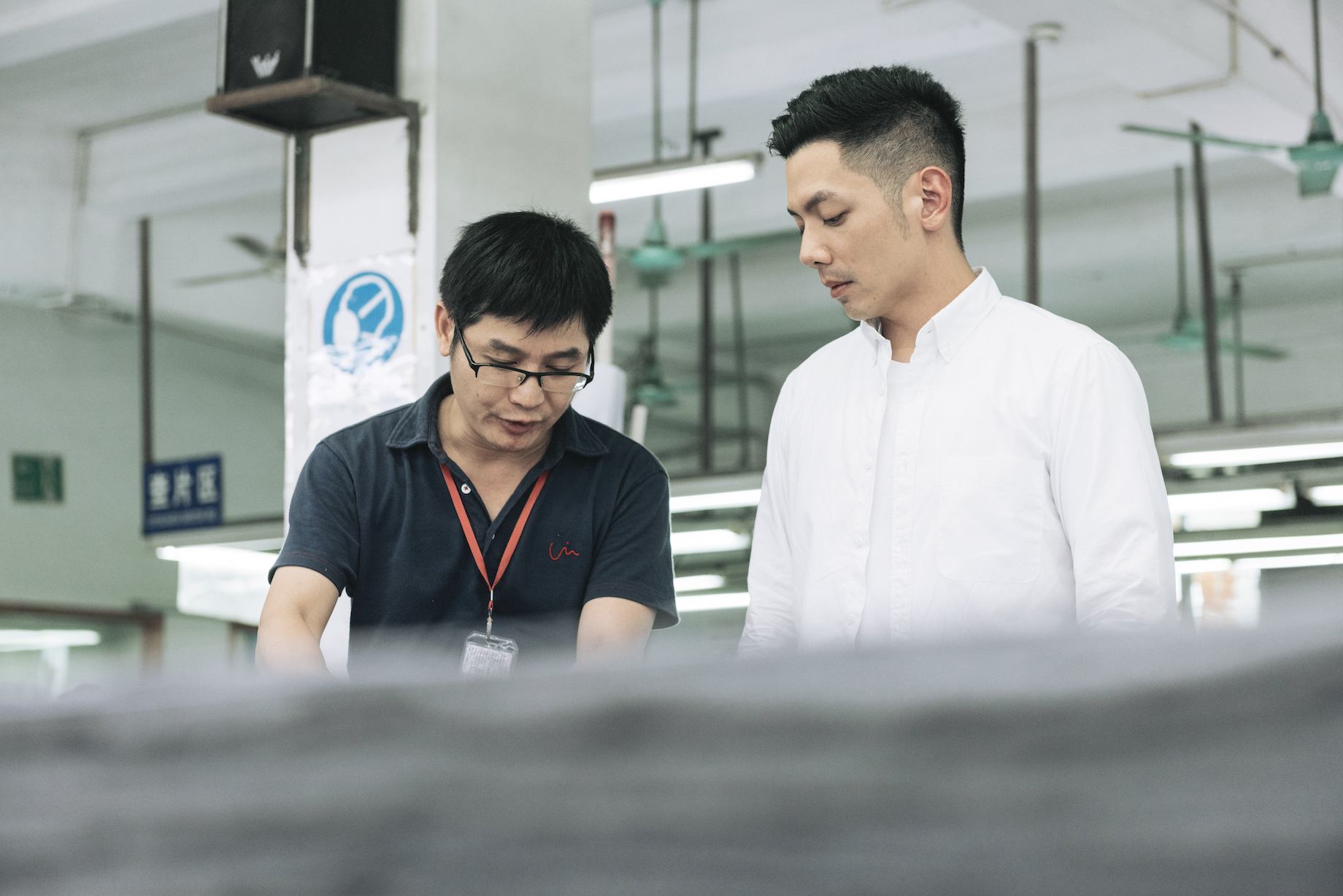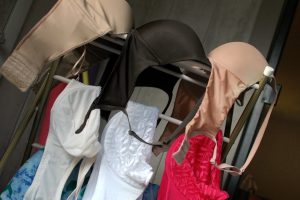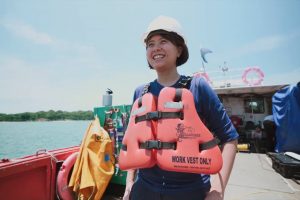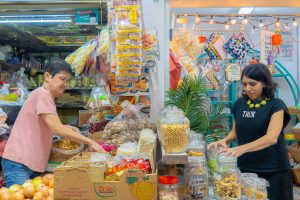The fast-fashion industry is unfortunately the second largest polluter in the world: it is responsible for 20% of all waste water production and 10% of all carbon emissions. Moreover, its products are churned out on a weekly cycle, making them notoriously disposable. This creates a self-perpetuating cycle in which consumers buy said clothing, toss them out a month later, and return to the very same shop to top up their closet.
Vincent Ooi wants to change that. He is a young Singaporean who started SOURCE Collections, a fashion label that emphasises transparency and sustainability. When you shop for clothes on their website, you can see a breakdown of its journey, from the origin of the fabric to where your dollar goes to.
We speak to Vincent to find out more about what inspired him to start his fashion label, why sustainability and transparency are important to him, and what he thinks of the future of the fashion industry.
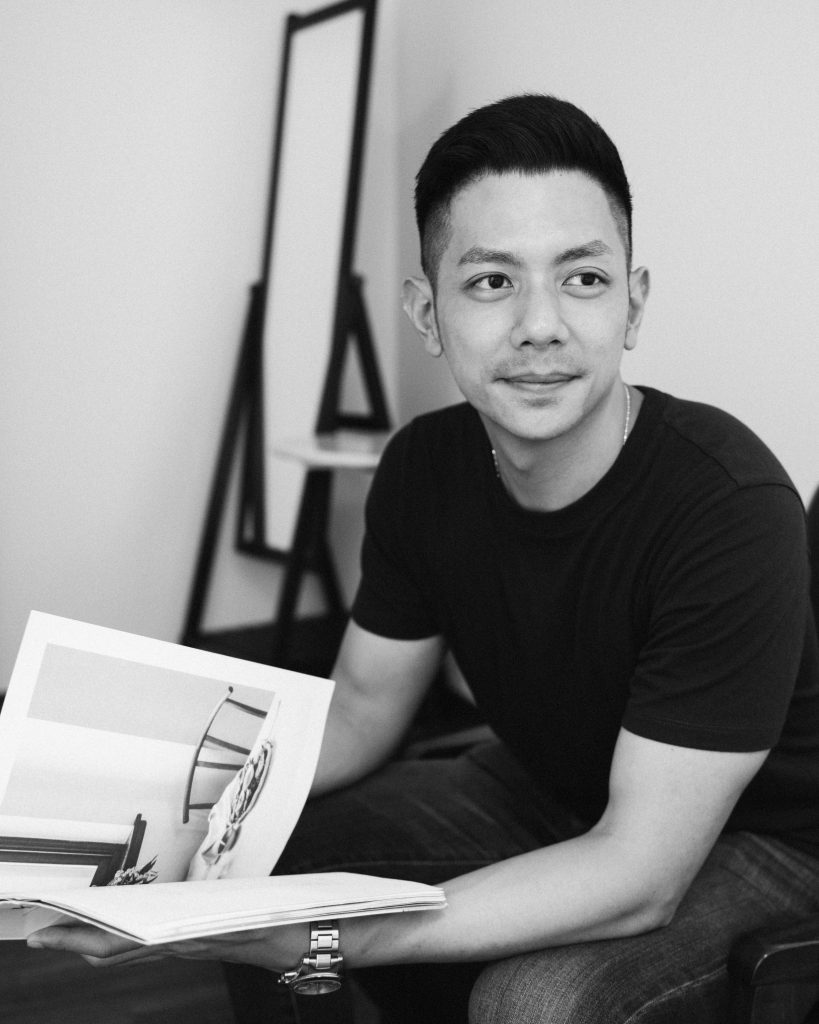
Being in the manufacturing industry for more than a decade, I’ve come to realise my passion for products that are simple yet high quality and made to last. I’ve visited countless factories, and am fascinated and inspired by the people who work relentlessly behind the scenes.
Moving back to Singapore after spending 8 years abroad, I knew it was time to pursue my passion. Coincidentally during this time, I came across Honestby and Everlane—global fashion companies that have adopted transparent business approaches. I was motivated to do even more. Building on my love for fashion, coupled with my experience in manufacturing and design, I eventually made the decision to create SOURCE Collections.
You founded SOURCE Collections almost exactly 3 years ago. How has your journey been so far?
I started working on the brand since September 2016 and it took slightly more than a year before the brand officially launched online.
As with every start-up, it has had its fair share of ups and downs, but overall the journey has been incredibly fulfilling. Despite having only a small capsule collection of plain T-shirts, we’ve been constantly receiving feedback from customers on how much they love their T-shirts, how comfortable it feels to be wearing them, and how they appreciate us being honest and transparent about our manufacturing process and pricing.
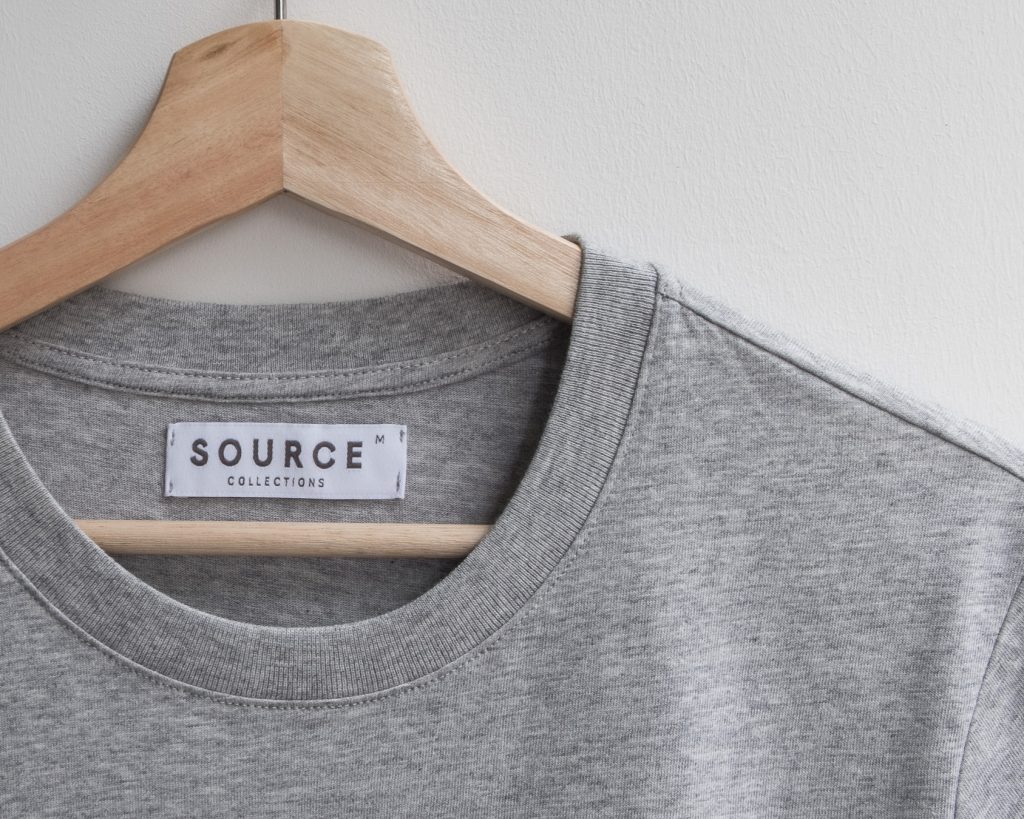
Being in the manufacturing industry for more than a decade, I’ve come to realise my passion for products that are simple yet high quality and made to last. I’ve visited countless factories, and am fascinated and inspired by the people who work relentlessly behind the scenes.
Moving back to Singapore after spending 8 years abroad, I knew it was time to pursue my passion. Coincidentally during this time, I came across Honestby and Everlane—global fashion companies that have adopted transparent business approaches. I was motivated to do even more. Building on my love for fashion, coupled with my experience in manufacturing and design, I eventually made the decision to create SOURCE Collections.
You founded SOURCE Collections almost exactly 3 years ago. How has your journey been so far?
I started working on the brand since September 2016 and it took slightly more than a year before the brand officially launched online.
As with every start-up, it has had its fair share of ups and downs, but overall the journey has been incredibly fulfilling. Despite having only a small capsule collection of plain T-shirts, we’ve been constantly receiving feedback from customers on how much they love their T-shirts, how comfortable it feels to be wearing them, and how they appreciate us being honest and transparent about our manufacturing process and pricing.
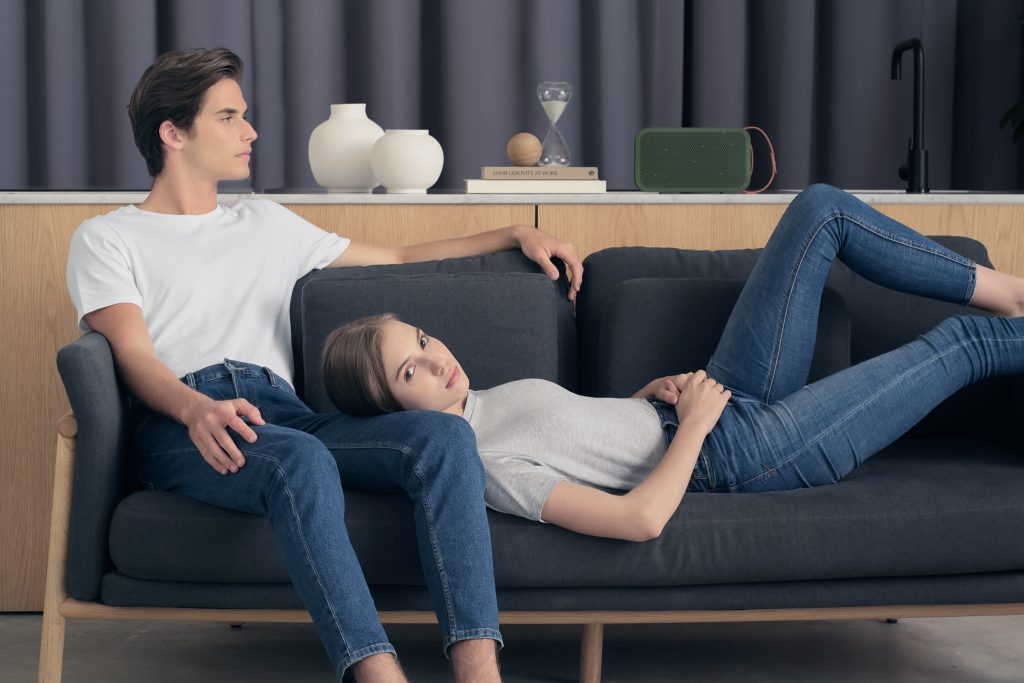
Garment manufacturing is a handcraft industry with a countless number of individuals involved across an extremely complex supply chain. Where there is demand, there will always be supply.
Which is why people need to slow down the rate of consumption for trendy, low-quality clothing that will only be worn once or twice, but rather invest in better quality pieces that are made to last.
Could you tell me about some of the challenges you’ve faced/are currently facing in this line of work?
As simple as a plain T-shirt may look, there is an incredible number of variables to account for—the fabric, the cut, and the different finishing processes. Developing and manufacturing garments to our standards, getting them on time, re-stocking in a smooth manner and finding the capital to build a reliable inventory to keep customers happy as you grow has been one of the biggest challenges.
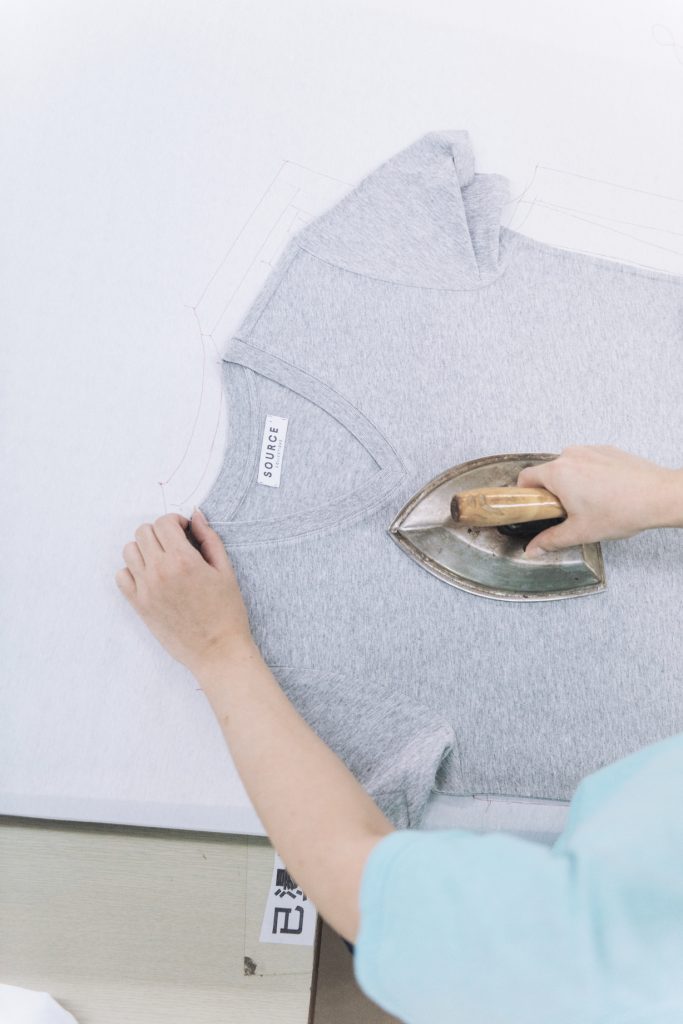
One of my best memories was a collaboration we had with an artist who was a recovering mental health patient. Together, we came up with a box set of limited printed tees and cards to sell at an event. It was a success, but more importantly, we realised how this platform encouraged her to step out from her ‘fear’ and ‘comfort-zone’—to interact and socialise with people openly, something which she never imagined herself doing previously.
We’re far from where we hope to be and believe there’s still much more work to be done. People are not entirely ready to change their lives for the benefit of the environment. So we have to make it as easy as possible for them to do so. That’s why we mostly talk about our products, rather than how our products are sustainable. But along the way, we will introduce stories and tips such as how one can care for their garments, why transparency matters, as well as stories of the people who work behind the scenes.

As a start-up company working with overseas vendors, often we need to remit payment overseas. With DBS, they’ve proven to provide fair and reasonable foreign exchange rates and importantly the transactions are seamless. Plus with the IDEAL mobile banking app, it’s proven to be come in really handy—where much can be done while on the go.
What do you think the future holds for the fashion industry?
Through our factory partners who also manufacture for global fashion brands, we’ve come to know quite a few brands that taking the lead and investing in more sustainable materials and processes for their new collections.
Also, while we have noted earlier that people are not entirely ready to change their lives for the benefit of the environment, we do notice an increase especially amongst youths who care and are curious to understand more about the processes that go behind the making of our products.
For more inspiring stories on how social enterprises are embracing sustainable fashion, catch the latest episode of DBS Sparks here.
Do you think it’s important to buy clothes made ethically and sustainably? Let us know at community@ricemedia.co

